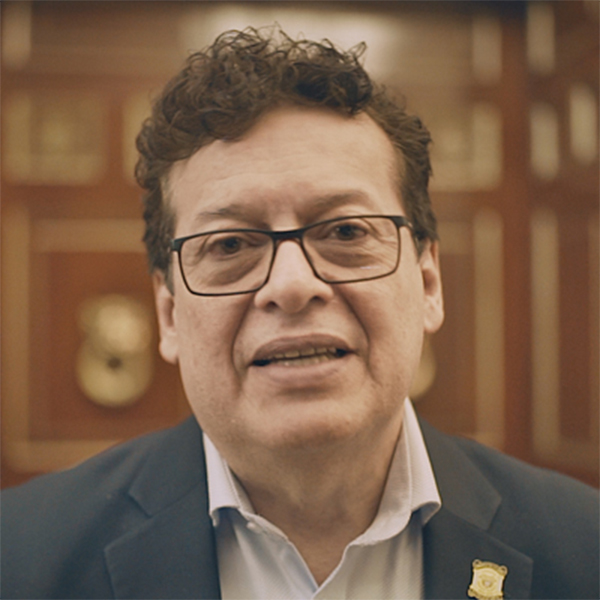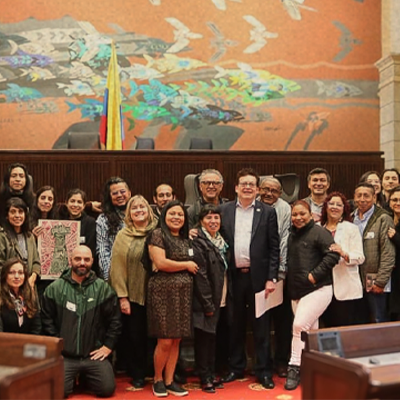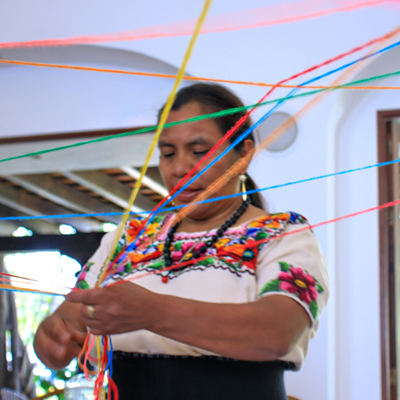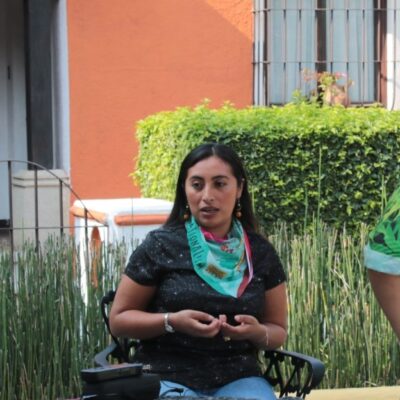
Voices are Action 3
Humanity is facing devastating times. Although Israel is relentless with its genocide in Gaza, it also decided to bomb Iran and brought the world to its knees, unleashing a conflict that could have catastrophic consequences for the Middle East and the world. Ethnic cleansing in Palestine was not enough for Israel this time. In this context of terror, our new…









